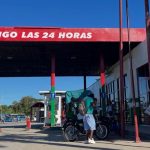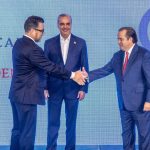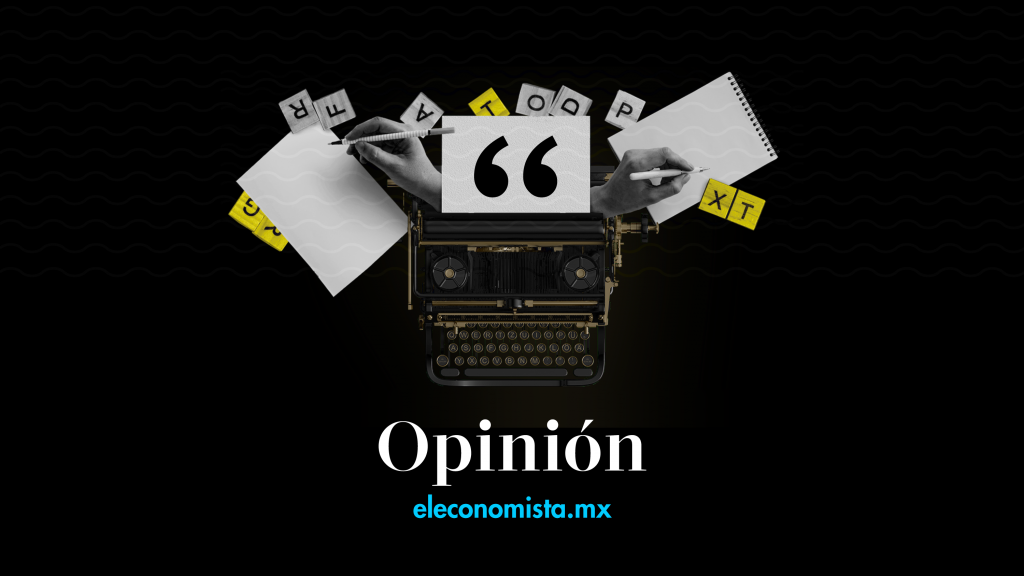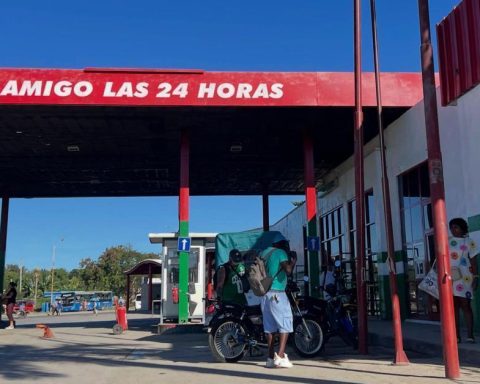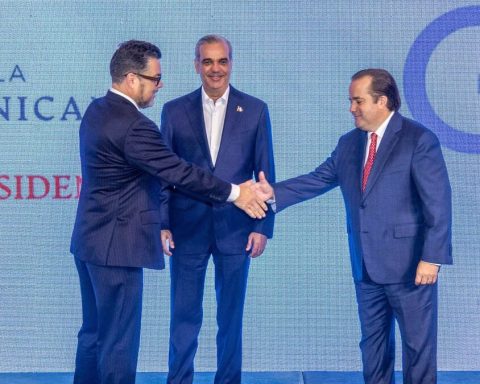The government of President Joe Biden admitted on Friday that it maintains “bilateral communication” with the Nicaraguan authorities, one day after the US newspaper New York Times reported that Laureano Ortega Murillo, son of the Sandinista president, would have tried to seek a rapprochement with Washington to achieve the end of the sanctions.
“We will not comment on specific interactions between the US government and the Ortega-Murillo regime, but we maintain a range of bilateral communication with the regime, and we will continue to press for the release of political prisoners,” he told the press. voice of america a State Department spokesman.
The source assured that the “immediate release of political prisoners (…) continues to be one of the main priorities of the United States in Nicaragua.”
He pointed out that they were arrested and prosecuted “for wanting nothing more, and demanding nothing less, than democracy, justice and respect for human rights.”
The State Department spokesperson added: “Although we remain open to frank discussions on steps to return to democratic norms and respect for human rights in Nicaragua, the Ortega-Murillo regime has not shown seriousness in its purpose towards a genuine dialogue.
This occurs five years after the United States imposed the first sanctions against the leftist president’s administration.
in Januarythe State Department spokesman told the voice of america that the United States was willing to support a negotiation process with the Nicaraguan government to find a way out of the current political crisis, State Department spokesman Ned Price said on Thursday.
The approach of Laureano Ortega, who occupies the role of adviser to the presidency for investments, occurs at a time when the United States leads the position of Western countries in support of Ukraine after the Russian invasion that began on February 24. As part of that response, sanctions have been imposed on the government of Vladimir Putin and those close to him.
Russia’s allies shocked by sanctions for the invasion of Ukraine
The White House adviser, Juan González, had advanced the voice of america that the sanctions on Russia were “so robust that they would have an impact on those governments that have economic affiliations with Russia.” Nicaragua is part of that group of countries, which also includes Venezuela and Cuba.
“Venezuela and Nicaragua will feel that pressure just like Cuba, but we are looking for negotiated solutions to the crises in Venezuela, the restoration of the diplomatic order in Nicaragua,” said González, who said that at least thirteen Russian financial institutions at that time would have a problem negotiating with governments of America.
Some analysts consulted by the VOA They maintain that the approach that the president’s son is attempting would seek to ensure that the war in Ukraine does not generate direct damage to the Nicaraguan economy, already hit by the pandemic and by the sanctions that preceded it.
“They in doubt about what was happening in Ukraine and the type of sanctions [que se aplicaron]they began an approach to have options, but later they valued that it was not the time and what we have experienced now is a radicalization”, he told the VOA former Nicaraguan deputy Eliseo Núñez.
However, the Ortega government could have changed for two options, he said.
“An autonomous assessment on the part of Ortega that he could hold out longer without the need to negotiate, or really the Russians exercised the power of intervention that they must already have in the regime,” said Núñez.
Connect with the Voice of America! Subscribe to our channel Youtube and turn on notifications, or follow us on social media: Facebook, Twitter and Instagram.









